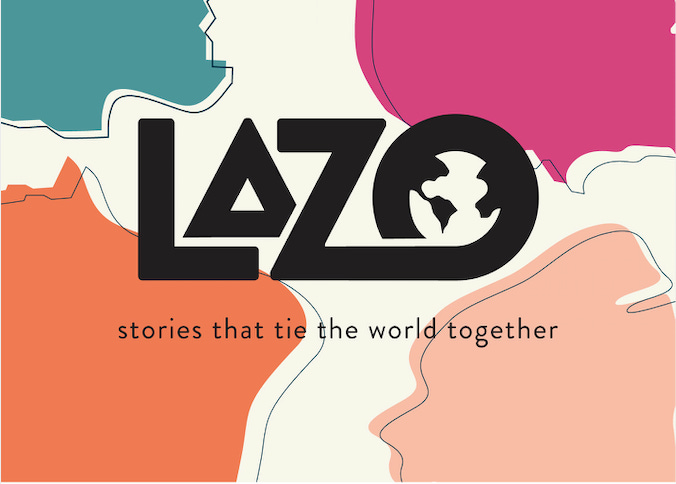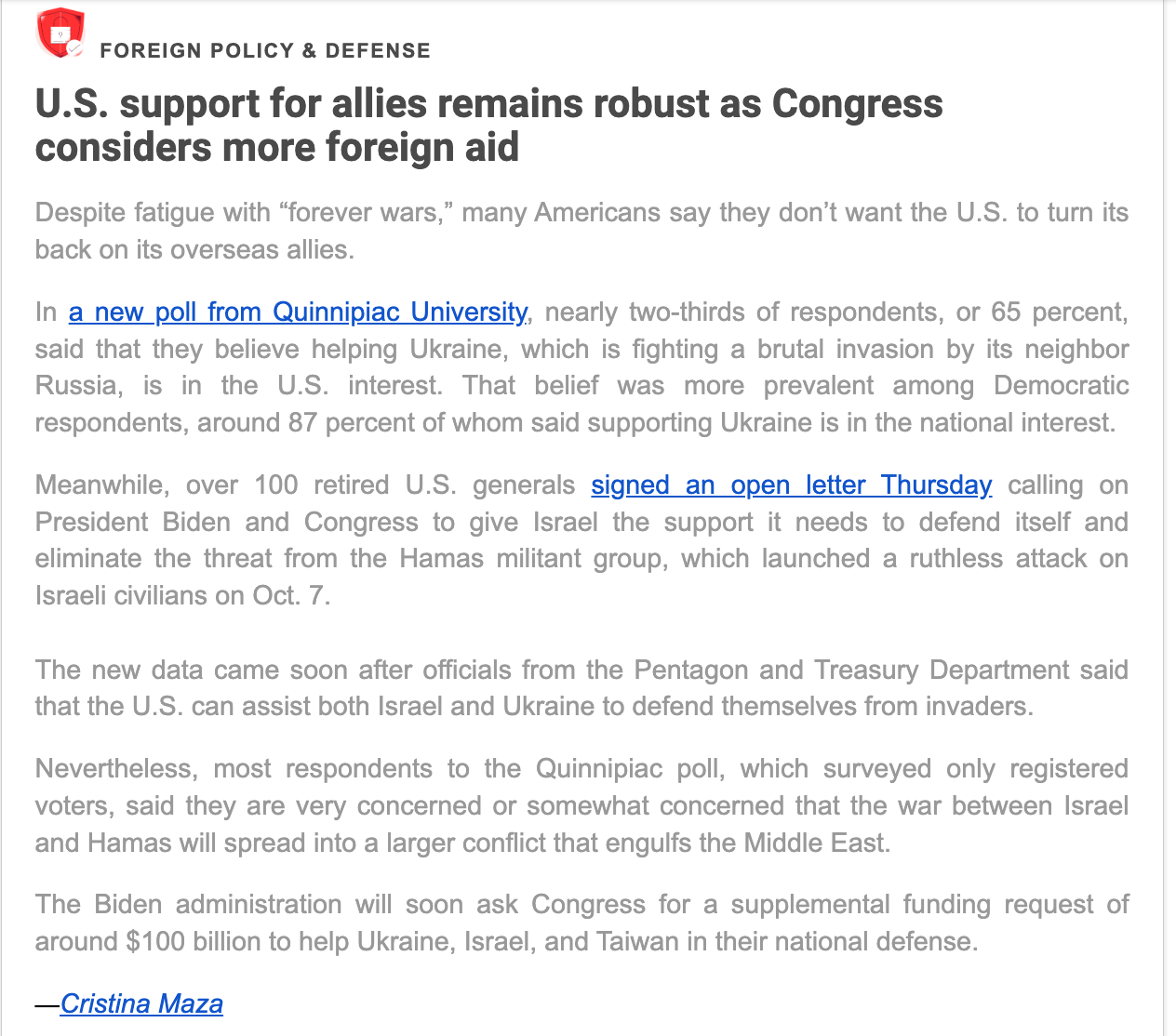When I re-launched this newsletter a little over two years ago, I said I wanted it to be the newsletter for what would eventually be an online magazine for and about travelers, i(e)mmigrants, expatriates, diasporas, minorities, dual citizens, third culture kids, and anyone crossing borders or thinking multiculturally. I wanted it to be a place that would celebrate pluralism and report on undercovered communities around the globe. And if I’m being entirely honest, I wanted it to be a home for all of the stories I find interesting that don’t fit in traditional journalism.
I didn’t have a timeline for this project when I first conceived of it, but I have been plugging away at it slowly for the last several years. It has existed in the back of my mind since at least 2018 when I was wandering around New York City after relocating to the U.S., searching for little pieces of familiar international communities to make me feel more grounded in my new reality.
The magazine is still not quite there yet, but I am very pleased to say that I think it’s almost ready for the world. That’s why I wanted to offer Lazo Letters subscribers an exclusive look at the staging website for what will eventually be Lazo Magazine.
Please feel free to contact me and tell me what you think of it. It’s still sparse on content, but that will change when I launch and put out a call for pitches. I’m hoping the final website will be ready by the end of this month, so you have a limited time to suggest changes and give feedback. Please don’t hold back!!
And now….drumroll…….HERE IS THE STAGING WEBSITE.
It would be wrong of me not to mention some of the projects that inspired Lazo Magazine. I came of age as a journalist a little over a decade ago when there were still quite a few independent, thriving online magazines to write for. That was where I cut my teeth. I started as a contributing editor for United Explanations, a multilingual international affairs website based in Barcelona. I also wrote a weird blog that documented squats and social movements in England and Spain.
I later wrote and edited for publications like Café Babel, Balkanist, Muftah Magazine, and the Calvert Journal. Sadly, only one of those still exists today.
It may be completely crazy to launch a magazine inspired by editorial projects that eventually decided to shutter for one reason or another.
But the truth is I miss that diversity of the Internet, the ability to find strange stories about subcultures, like the one about an international squat in Tbilisi, Georgia, where some Swiss man was housing his pet camel.
Maybe I’m grasping back to an era when the Internet seemed more fun, more promising, less toxic, and where there was a seemingly endless chance to be creative and think outside the box. Maybe that Internet doesn’t exist anymore. Maybe. But I don’t care.
I hope Lazo Magazine will be a fun place for people to write things that wouldn’t otherwise get published. I hope it provides a window into how big and interesting the world is. I hope it’s a place for stories that unflinchingly show our planet's harshness and beauty and how those things exist simultaneously. Most of all, I hope it becomes a little corner of the Internet we all love.
Please send feedback to c.maza@protonmail.com, and thank you all for being here and supporting this project.
What I’m writing:
• I reported on the thousands of Jewish protesters who arrived in Congress to demand an end to Israel's bombing of Gaza. Organizers said it was "the largest demonstration of Jewish people in support of Palestinians in history." Around 500 people were arrested, and the protesters interrupted the nomination hearing for Jacob Lew, President Biden’s choice to be U.S. ambassador to Israel.
• I spoke to former U.S. Congressman Ted Deutch, now CEO of the American Jewish Committee, about the rise of anti-Semitism and Hamas’s attack on Israel.
• I spoke to Sami Abu Shehadeh, the leader of the Arab political party Balad in Israel, who served in the Israeli Knesset until last year. We discussed what Palestinians are experiencing today and U.S. involvement in the Middle East.
My weekly news blurbs:
What I’m reading:
• Egypt is set to reopen the only remaining border crossing into Gaza following diplomatic efforts to get aid in and foreign passport holders out, Reuters reports. Thousands of people have gathered at the Rafah border crossing, the only remaining exit out of Gaza, hoping it will open the crossing before the expected Israeli ground incursion.
• At least 70 civilians – mostly women and children – were killed in an airstrike as their convoy fled northern Gaza, BBC verified.
• Early U.S. intelligence suggests an explosion at Al Ahli Hospital in Gaza City, which killed hundreds of people, was caused by a misfired rocket launched by Palestinian Islamic Jihad, the New York Times reports.
• The U.S. State Department is discouraging diplomats working on Middle East issues from making public statements suggesting the U.S. wants less violence, according to internal emails viewed by the Huffington Post.
• State Dept officials are preparing a dissent cable over the Biden administration’s Israel-Palestine policy. One official told the Huffington Post that “a mutiny” is brewing within the State Department, and staff is angry, depressed, crying in meetings, and considering resignation.
• Israel resumed the water supply to southern Gaza after pressure from the Biden administration, Axios reported.
• Iran’s Foreign Minister Hossein Amir Abdollahian warned that an Iranian-backed network of militias would open “multiple fronts” against Israel if attacks killing civilians in Gaza continued, the New York Times reports.
• There has been a significant escalation at the Israel-Lebanon border, as the Iranian-backed Hezbollah militant group fired numerous antitank missiles at Israel, the Washington Post reports.
• Hamas used North Korean weapons during its large-scale assault on Israel, experts and analysis suggest. The Associated Press has the story.
• The Pentagon plans to send Israel tens of thousands of 155mm artillery shells designated for Ukraine from U.S. emergency stocks several months ago, three Israeli officials told Axios.
• Azerbaijan may attempt to connect to Nakhchivan, an exclave separated from Azerbaijan by Armenia, the Washington Post reports. Opening a corridor to the exclave, which has long been a priority, may now be a direct focus after Azerbaijan’s recapture of Nagorno-Karabakh.
• Armenian Prime Minister Nikol Pashinyan said he is ready to sign a peace deal with Azerbaijan by the end of the year, even as Baku accused Yerevan of undermining the process of normalizing their relations, Reuters reports.
• In the southern Armenian province of Syunik, residents are increasingly worried about the threat from Baku, France 24 reports. Azerbaijan's President Ilham Aliyev claims Syunik and much of Armenian territory is historically Azerbaijani, referring to it as "Western Azerbaijan."
• Radio Free Europe has a briefing on Armenia’s pivot to the European Union and away from Russia.
• Georgia’s ruling party began impeachment proceedings against the country’s president, Salome Zourabichvili, Politico Europe reports. The party is accusing the president of violating the constitution by visiting foreign countries in the European Union without the government’s approval.
• Poland’s ruling hard-right Law and Justice party secured the most votes in the national election, the Washington Post reports. But it’s likely to fall short of a governing majority, and the centrist opposition party Civic Platform is more likely to form a coalition.
• A second underwater telecommunications cable was damaged without explanation in the Baltic Sea, Sweden said, following an earlier disruption of a gas pipeline and telecommunications cable between Finland and Estonia. The Wall Street Journal has the story.
• U.K. Prime Minister Rishi Sunak’s Conservative Party suffered two historic by-election defeats, with the main opposition Labour Party overturning huge majorities to win both seats, CNBC reports.
• The Biden administration and the government of Venezuelan President Nicolás Maduro agreed to a deal in which the U.S. would ease sanctions on Venezuela’s oil industry, and Caracas would allow a competitive, internationally monitored presidential election next year, the Washington Post reports. The Venezuelan government and opposition will resume discussions about electoral guarantees for the upcoming 2024 election.
• A congressional panel in Brazil recommended that former President Jair Bolsonaro be charged with attempting to stage a coup, the Associated Press reports.
• Daniel Noboa, a young politician and an heir to a banana trade fortune, won Ecuador's presidential runoff election, NPR reports.
• Australian Indigenous leaders called for a week of silence after a referendum to recognize Indigenous people in the constitution failed, the Hill reports.
• In the Philippines, party leaders in the House of Representatives pushed back against former President Rodrigo Duterte’s violent tirades against Congress and criticized him for threatening to kill a lawmaker, Rappler reports.
You can write to me for any reason: c.maza@protonmail.com.









